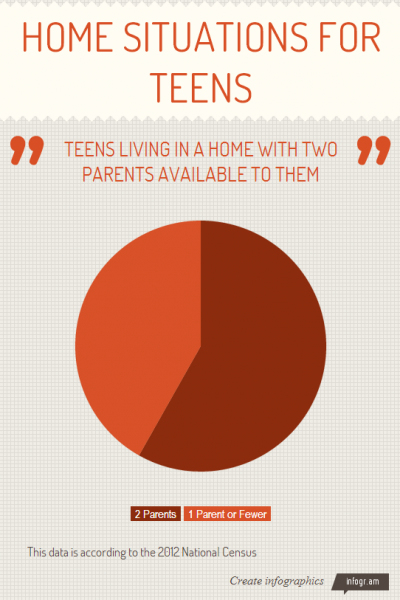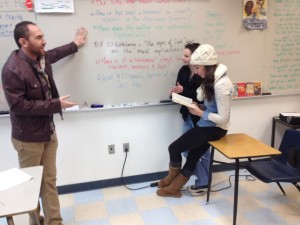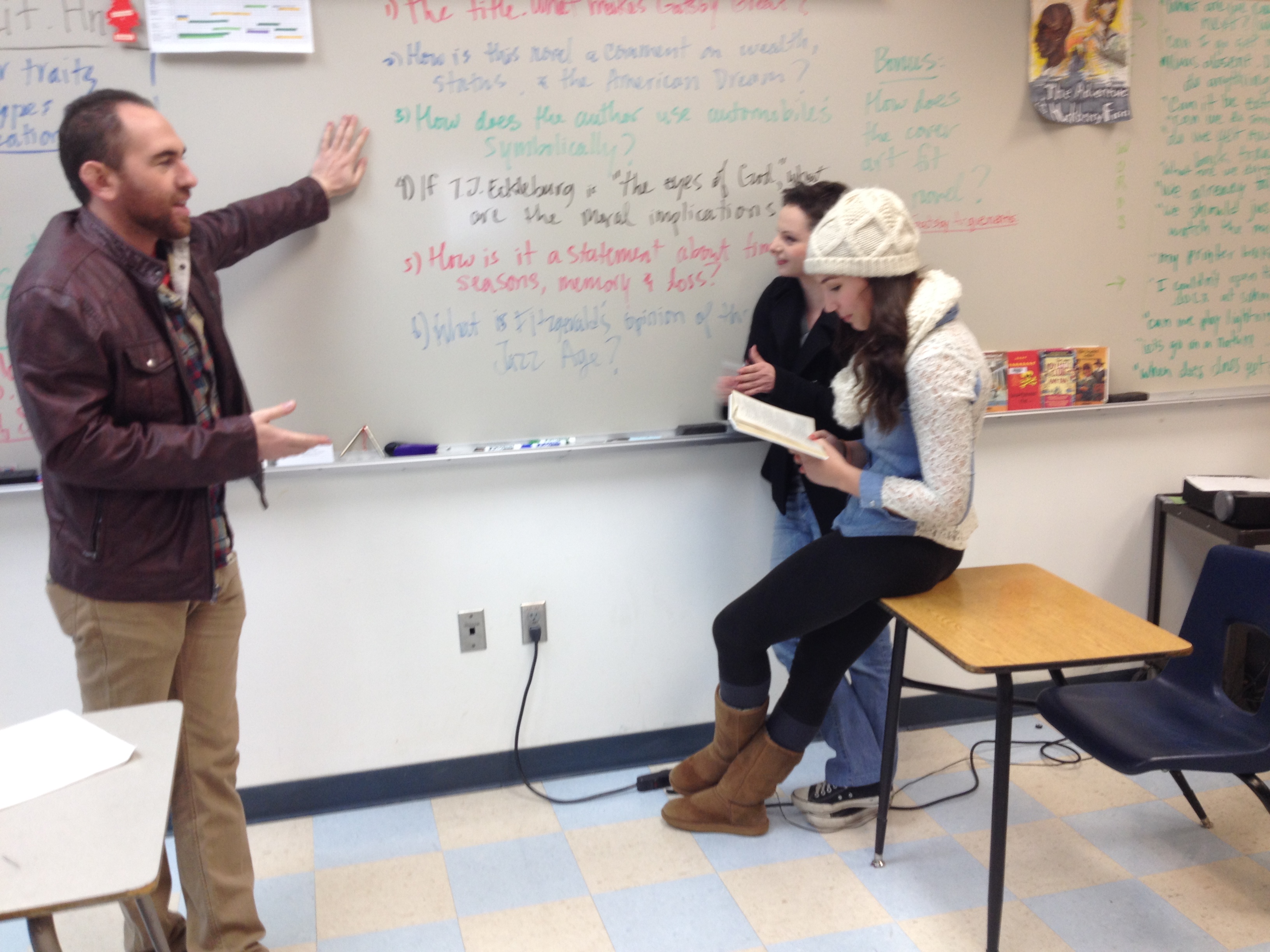Students face adult responsibilities

Bluedevilhub.com Staff–
Students who are forced into responsibilities due to challenges at home may struggle at times, but they can emerge with a strong foundation that can lead to success.
These students are usually forced into an adult role in their homes due to diverse situations. Some students’ family member may fall ill, lose their job, pass away or the individual might live in a high-risk environment. It often falls upon the student to step up and fill the role previously occupied by their relative.
Responsibilities like this can include taking care of a younger sibling, working a full or part-time job or providing meals for the family.
According to Alex Hess, a Davis High Agriculture Teacher, there have always been students in this demanding situation.
“Every year, we end up having a few students [in that situation]. Sometimes it’s only for a short period of time, but the number fluctuates constantly because of the fact that situations like this often come about abruptly,” Hess said.
DHS Counselor Courtenay Tessler agreed.
“All of us counselor always have a few students like this every year,” Tessler said.
These students either grow and mature due to their situation or they can falter.
“How they handle their situation depends on the individual. Some people become very focused, while others find that their lack of time can make them fall behind in school,” Tessler said.
Dr. David Hessl, a Professor in the UC Davis Department of Psychology, says that the way a student copes with the pressure depends on multiple factors.
“If you have a kid with a positive role model in their life and a good predisposition for handling pressure, they can do their job very well and it can give them a lot of confidence,” Hessl said.
On the other hand, it also depends on who the student is.
“You can’t make a general rule [on how everyone will adapt to a high pressure home situation], a situation like that would be challenging for any teenager, but it depends on their upbringing and coping strategy,” Hessl said.
Students can often feel overwhelmed or alone during harder times, but support can be found in the form of their teachers.
English teacher Anthony Vasquez teaches English Learners. During a recent lunch, he paced around his room as he gave support to one of his struggling students. Teachers like Hess’ and Vazquez’s accessibility are examples of support that is available to students. 
Hess starts to get a concerned look on his face as he talks about his role as a teacher in their lives.
“We as teachers are sort of like a support mechanism for these students. We try to help them manage their circumstances and often find out right at the onset [of their situation],” Hess said.
Vasquez says that he perennially has students like this in his classes, but he is quick to point out that it is not because he teaches an EL class.
“Keep in mind that it’s not just English learners that have these [situations]. It’s all types of students. I have kids like this in my regular classes as well,” Vasquez said
Although it appears that one type of student is not more likely to be in a difficult situation at DHS, this is not necessarily reflected nationally. According to the 2012 National Census, 74 percent of White, 59 percent of Hispanic, and 33 percent of Black children lived in two-parent households in 2012.
One student who lives with both of his parents in a stable home environment but has a job is DHS junior Joaquin Manzanilla. He works at a local Carl’s Jr. establishment to pay for his gas money and to help save for college. There are other DHS students who carry more obligations than Manzanilla but do not have the family support that he does.
However, having a job does affect Manzanilla’s time-management.
“It does make a difference in my life because I can fall behind in my schoolwork. I work hard in both areas to stay caught up in my classes as well as keep my job and get that experience,” Manzanilla said.
Manzanilla is not a student who has to fill in for a parent or work to support a family. Still, the added responsibility requires him to stay alert to continue doing well in school. DHS students who face adversity in addition to these responsibilities carry a heavier burden.
“We always seem to have a few students [who are in a situation like that] every year, and the number usually doesn’t go up or down too much,” Hess said.
While this may be true in Davis, there seems to be a hopeful picture nationwide. Many teenagers have to act as adults due to the fact that they have children, but according to the United States Center for Disease Control and Prevention, the number of teen pregnancies nationally has dropped by 53 percent since 1991. In addition, in 2012, only 4 percent of children lived without either of their legal parents, which generally mean that they are not relied upon as heavily to act as another adult in their family.
“It’s very interesting. Sometimes, I don’t even know about their situation until they write their senior letters. These types of students never complain. They are very mature and they never ask for help,” Tessler said.




